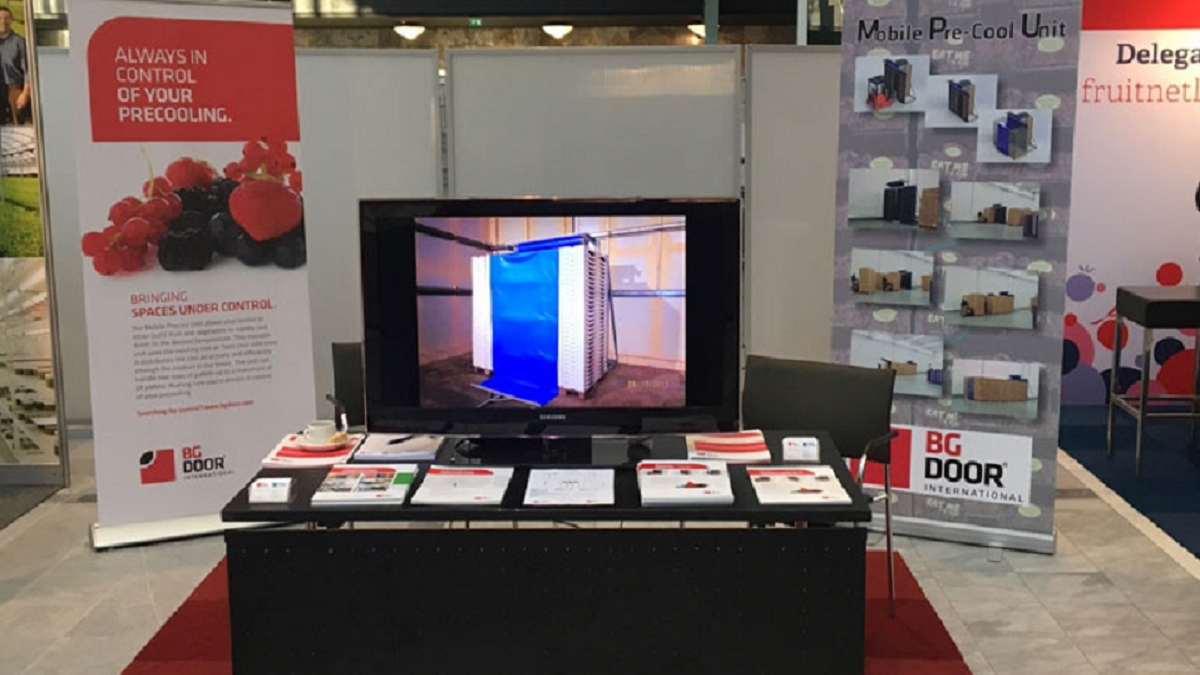News
Review about how to extend postharvest avocado life using non-chemical treatments
Developing postharvest management techniques using environmentally friendly and non-chemical approaches is key to extending the shelf life of avocados in a safer and health conscious manner. Avocados are prone to postharvest deterioration caused by mechanical damage, chilling injury, soft landing, uneven ripening and decay. Among the different cultivars of avocados commercially grown worldwide, the ?Hass? variety continues to be the most predominant due to its nutty flavour and functional properties. Most of the literature on postharvest decay and disorders affecting avocado fruit quality during storage and marketing is dedicated to the Hass avocado. Some of these
21 January, 2021
Developing postharvest management techniques using environmentally friendly and non-chemical approaches is key to extending the shelf life of avocados in a safer and health conscious manner. Avocados are prone to postharvest deterioration caused by mechanical damage, chilling injury, soft landing, uneven ripening and decay. Among the different cultivars of avocados commercially grown worldwide, the ?Hass? variety continues to be the most predominant due to its nutty flavour and functional properties. Most of the literature on postharvest decay and disorders affecting avocado fruit quality during storage and marketing is dedicated to the Hass avocado.?Some of these postharvest problems are unique to the ?Hass? avocado can possibly be controlled by simply investing more research into other cultivars. These postharvest losses can be significantly controlled using eco-friendly technologies, such as modified atmosphere, physical heat treatments and most importantly investing in natural biodegradable products with naturally inherent antimicrobial properties. Thus, this review includes the recent research-based information on the use of non-chemical treatments on the improvement of fruit health and quality.More information Picture, Pixabay










